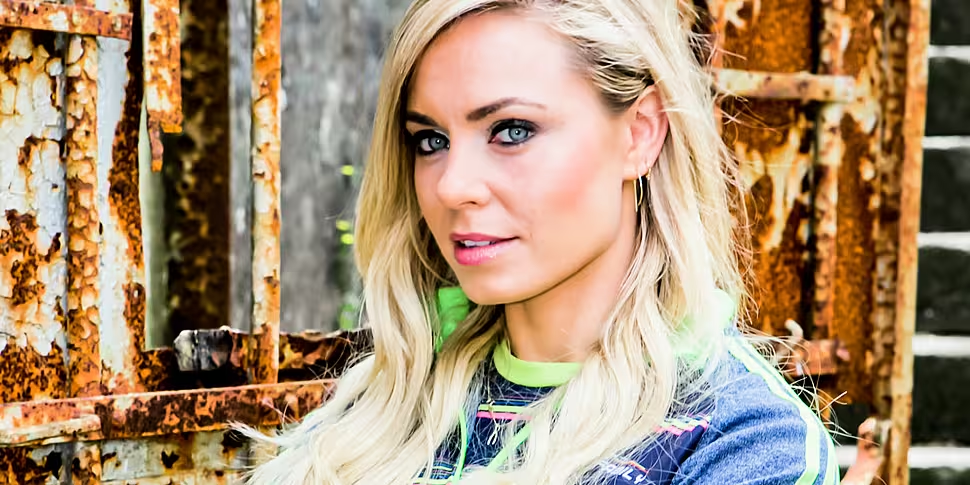More girls drop out of sport as they see the world not treating them the same as boys.
That's according to multiple All-Ireland winner Anna Geary, who examines the question in a new documentary.
The Ireland's Fittest Family coach told The Hard Shoulder it is time to start looking for solutions.
"It will brilliant for me, on a personal level, to have seen sport through the eyes of teenage girls that didn't necessarily consider themselves to be sporty, didn't necessarily have an interest in it, had once played and dropped out.
"We hear a lot about drop-out rates of teenage girls in sport - and I suppose to me it's about now trying to come up with a solution".
Anna says being let into their world showed her the reasons for not playing sports are different now.
"They live in a different world, they have TikTok and they have social media and WhatsApp - and the pressures of that even, I found, definitely came into play.
"It took up so much of their time, and I really wanted to uncover other reasons why they potentially dropped out.
"A lot of them didn't see themselves as 'sporty' - so I wanted to understand what does sporty look like to them?"
Girls 'expected to drop out '
On the reasons for leaving sport, Anna says there are some similarities for both girls and boys.
"But some of different reasons, and some of the girls themselves mentioned it to me, is that they see the outside world not treating girls in sport as the same as boys in sport.
"Whether that's the media, whether that's more parents coming to boy's game - maybe it's a parent that has a son and a daughter and maybe encouraging their son more to keep playing.
"Exam pressure is also a big thing, more girls are almost expected in exam years to drop out of sport because it's seen as a hindrance."
Anna says she found this to be the opposite during her Leaving Cert, with sport offering her "that outlet away from books to switch off.
"But the big thing as well is around body consciousness, being self-conscious, insecurities around your body.
"One of the first questions that I get asked was 'What do we have to wear?' so that was a worry for them.
"For younger people: do we need to have them dressed in this uniform that they have to wear at under-10 or under-11.
"If there's a girl that's not going to play sport because she's not comfortable wearing shorts, why can't she wear leggings?"
Anna also says there is a misconception over how much dedication is required.
"A lot of the time... they thought you had to be really disciplined and really committed, and really good at whatever you were doing.
"And that you had to fill your time with that and nothing else, and of course that's not the case.
"But to be honest, they started making me re-evaluate how I looked at sport - and... are we making it too serious and too disciplined and too structured?"
'Don't only focus on the best players'
And Anna says once the process is enjoyable, and not just about winning and losing, the girls enjoyed it more.
"What I found with this group is they were more than willing to be invested once they felt a sense of belonging, and perhaps that they weren't going to feel humiliated by making a mistake and it being pointed out to them.
"Once their friends are doing it, that peer involvement, is so important."
And she adds this sense of belonging has to start at the top.
"For coaches, parents, teachers one of the biggest takeaways is: you don't have to only focus on the best players.
"If somebody's turning up, and they're there, you have a responsibility to make them feel included - whether they're technically the most gifted or they're not.
"I'm not being airy-fairy about this, obviously if there is winning and losing you're going to have players that are more talented and more skillful.
"But that doesn't mean they deserve more praise and more encouragement than those that might be only learning the basics of the game.
"Everyone needs to feel that they are there, and that they're valued for being there".
Giving an example, she says: "If somebody scored, but who passed the ball to that person? Who gave the shout to let you know you had time?
"They should be valued just as much as the person who puts the ball in the back of the net."
Anna will present 'Why Girls Quit Sport' on RTÉ 2 at 9.30pm - the second part airs on July 22nd









